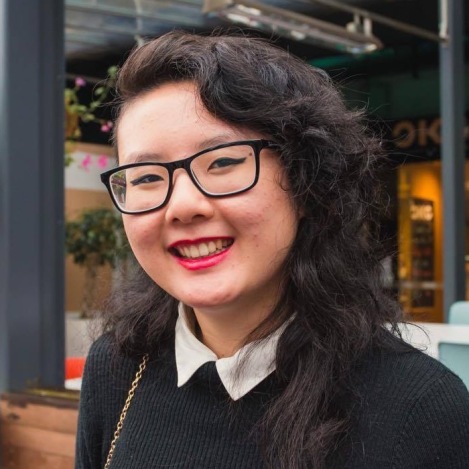Victoria University of Wellington’s International Institute of Modern Letters (IIML) is delighted to announce a new Emerging Pasifika Writer’s Residency for 2019.
The Residency, supported by Creative New Zealand, runs for three months and includes a writing room and a stipend of $15,000. A member of the Pasifika arts community will mentor the Emerging Pasifika Writer-in-Residence.
The Residency was one of several ideas proposed around supporting new Pasifika writers at a Talanoa—a process of inclusive, participatory and transparent dialogue—hosted by the IIML and attended by Pasifika writers and theatre-makers. Maualaivao Albert Wendt, whose ground-breaking fiction, poetry and teaching has influenced generations of writers, says emerging Pasifika writers need funding, “and the IIML offers a supportive, established and nourishing environment in which new writers can flourish”.
“This is a fabulous opportunity for a new Pasifika writer to work on a creative project in a stimulating and supportive environment. I am very excited,” says Assistant Vice-Chancellor (Pasifika) Dame Luamanuvao Winnie Laban.
The IIML welcomes applications from writers at an early stage of their careers, with a growing body of work. This Residency is unique in that applications are invited from writers in all areas of literary activity, including drama, fiction and poetry (page and performance), devised performance, creative non-fiction and graphic novels.
“There are so many exciting things happening in Pasifika writing and we’re thrilled to be involved with this residency,” says IIML Director, Professor Damien Wilkins.
Applications close 31 July 2018. Apply here, or for further details please contact modernletters@vuw.ac.nz
For more information contact Emily Perkins on 04-463 6905 or emily.perkins@vuw.ac.nz.










